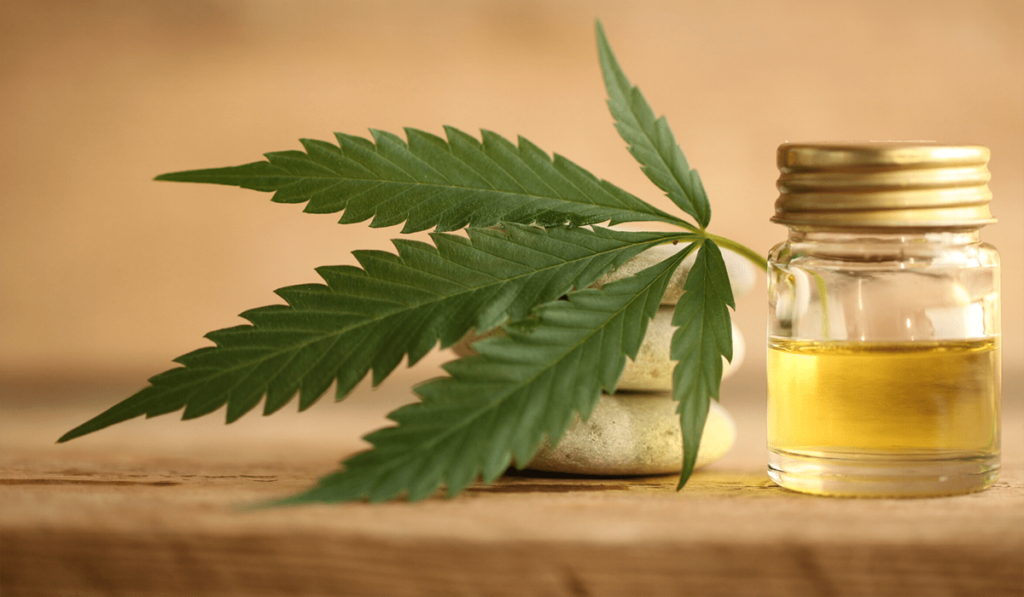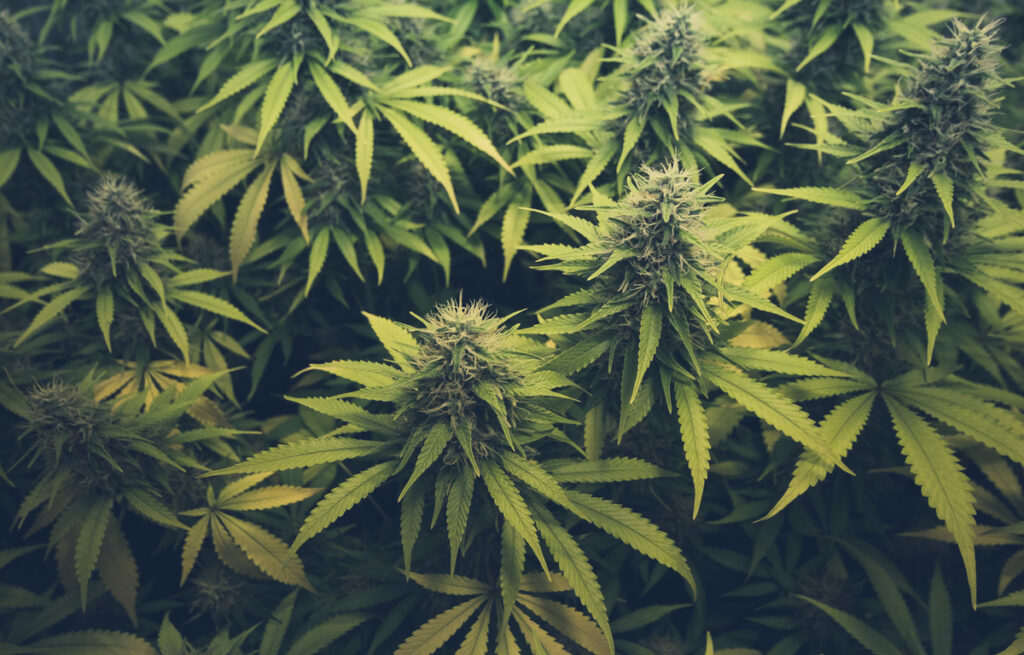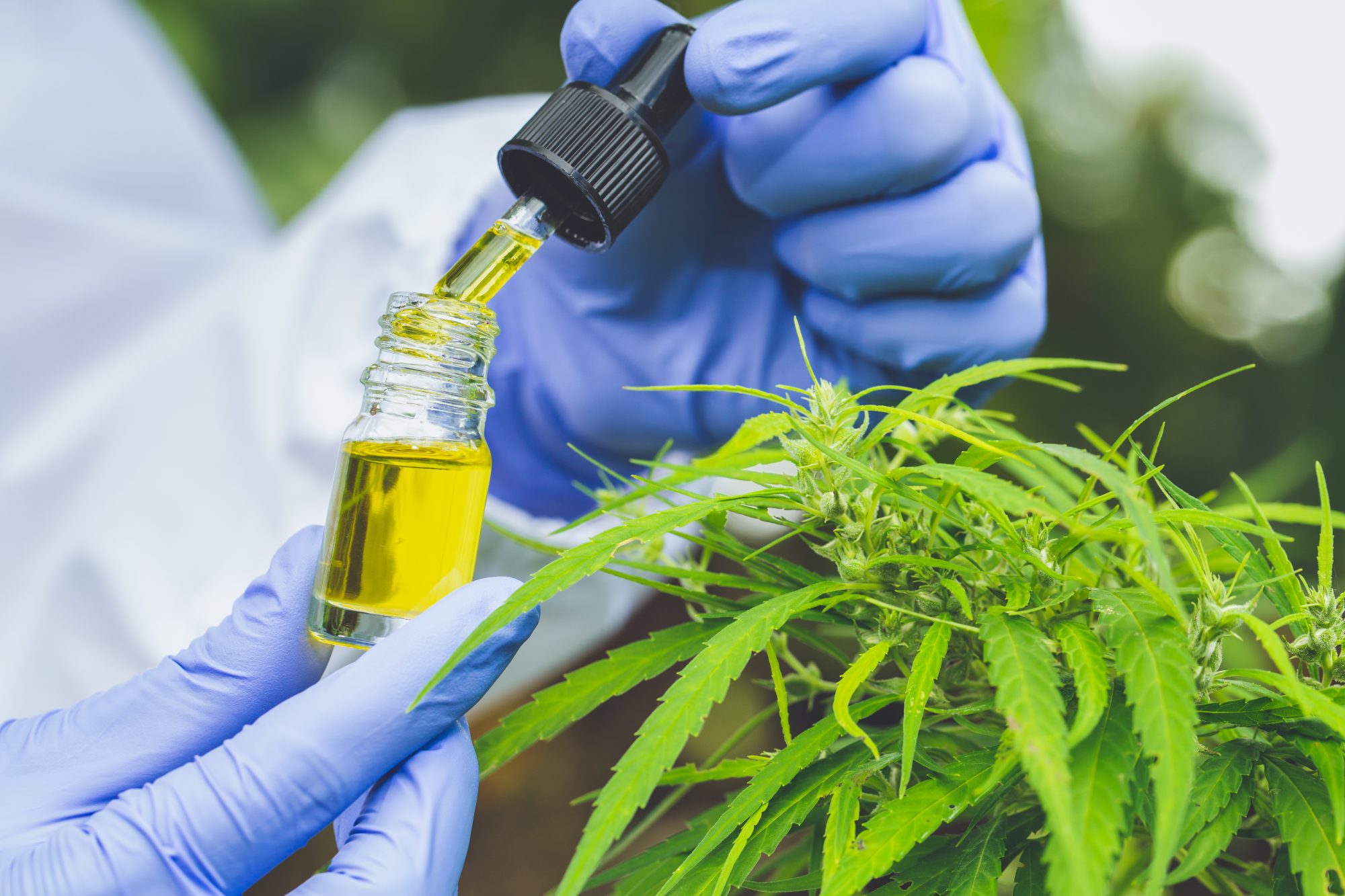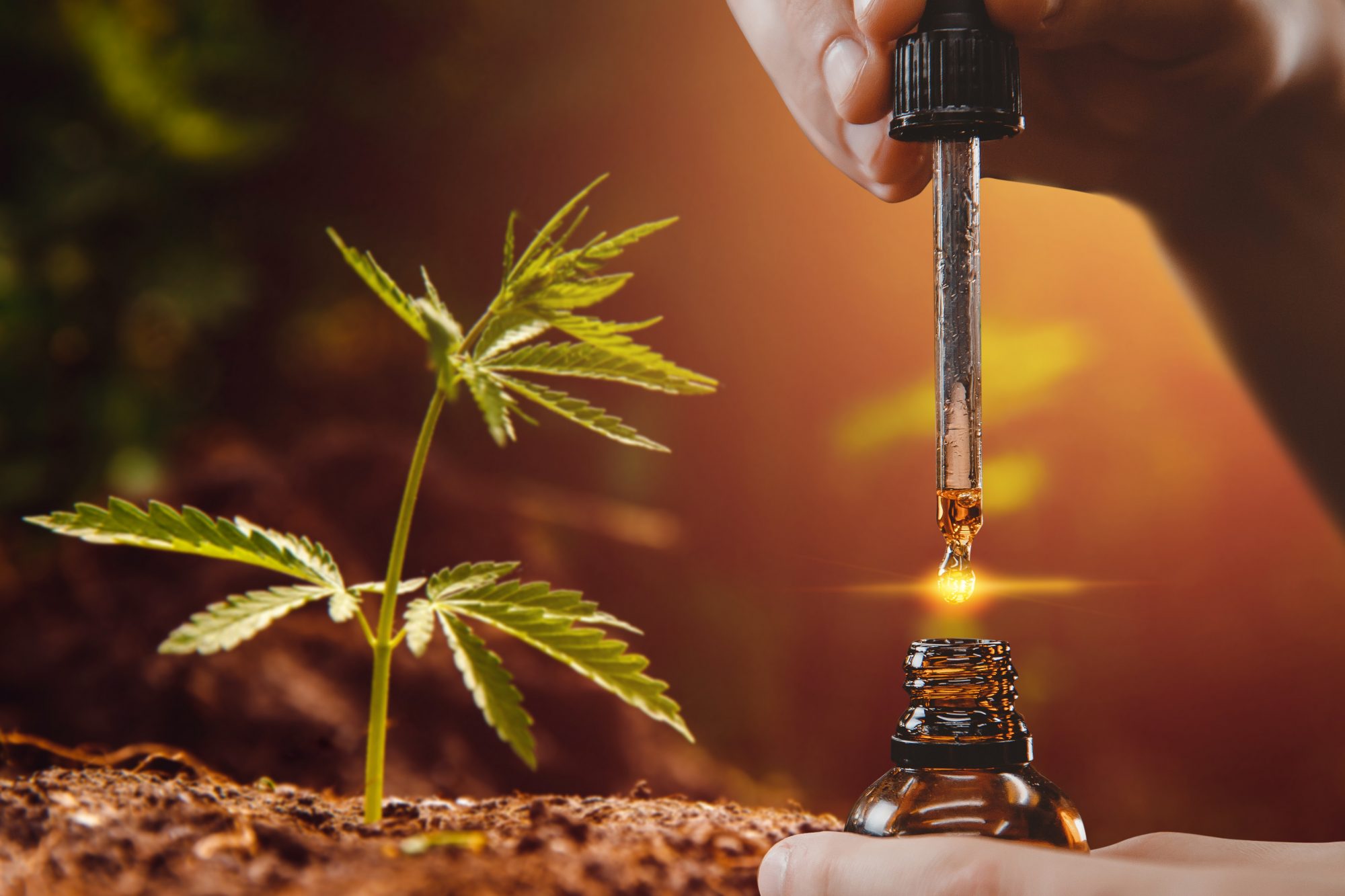In their golden years, nearly all retirees have suffered from discomfort of some kind. In this case, medical marijuana can be of assistance. An intriguing aspect of medical marijuana’s applications is that it isn’t always necessary to eat the plant itself.
Using Medical Cannabis for Senior Health Care
To alleviate both acute and chronic pain, medical marijuana can be ingested, or used topically to target the body’s preexisting cannabinoid receptors. Pain from arthritis and other arthritic conditions, as well as nerve damage and chronic conditions including multiple sclerosis, Parkinson’s disease, and glaucoma, can be alleviated.
One of the fastest-growing demographics of cannabis consumers in Australia are those 65 and older. Medical marijuana is legal in Australia. Because of this, there is fear among some professionals that elderly people would attempt to address their own medical issues without proper direction.

Methods of Medical Marijuana’s Effectiveness
With medicinal marijuana, the objective is to determine the therapeutic amount that provides benefit without inducing a high, impairing response speed, or inducing sleepiness. Finding the optimal dosage requires a gradual increase from a modest starting point.
Cost of Medical Marijuana.
The high price of medicinal marijuana was the primary concern raised so far. The price of medicinal marijuana can range greatly from one product to another and from one dispensary to another. Customers may be forced to shoulder a greater share of the cost associated with cultivation and retail sales than originally anticipated due to the wide variety of taxation regulations in place across the country.
Advantages to Using Medical Cannabis Treatment in Australia?
Medical marijuana has been demonstrated to be effective in treating a wide range of illnesses that commonly affect the elderly.
- Medical marijuana is helpful for treating the symptoms of multiple sclerosis, including the pain, muscular spasms, and urinary issues associated with late-onset MS.
- The onset of Alzheimer’s. A small amount of Tetrahydrocannabinol (THC), a chemical found in cannabis, was found to slow the production of beta-amyloid proteins, thought to be a signature characteristic and major contributor to the progression of Alzheimer’s, in a preclinical study published in the Journal of Alzheimer’s Disease.
- Cancer. Research suggests that marijuana can help with the nausea and discomfort linked with chemotherapy and other cancer therapies.
- Constant suffering from discomfort. The effectiveness of prescription therapies for pain management might wane with time, but research shows that marijuana can help.
- Patients with glaucoma claim that cannabis helps lower intraocular pressure.
- Arthritis. Medical cannabis has been shown to be effective in the treatment and management of arthritic symptoms because to its immune-modulating and anti-inflammatory effects.
- Coronary illness. Cannabis’s anxiolytic and stress-relieving properties make it an ideal complement to a healthy lifestyle that includes regular exercise, plenty of restful sleep, and a nutritious diet. Patients with diseases like angina can benefit from marijuana’s pain management properties as well.
- Diabetes. Substantial evidence suggests that diabetes may be prevented or treated with medical marijuana due to its ability to reduce insulin resistance, alleviate pain, and fight oxidative stress and inflammation.
- Fibromyalgia. Undiagnosed and excruciating pain is the hallmark of Fibromyalgia, but the disease can also cause other symptoms such as exhaustion, poor sleep, depression, and irritable bowel syndrome (IBS). Cannabidiol (CBD) has been shown to provide a wide range of therapeutic benefits, including the enhancement of sleep quality, reduction in pain, elevation of mood, and the treatment of gastrointestinal disorders including irritable bowel syndrome.
- Osteoarthritis. cartilage between joints breaks away, causing bones to rub against one other, causing the most frequent form of arthritis afflicting the elderly. Pain, stiffness, discomfort, loss of flexibility, bone spurs, and edoema are just some of the negative effects this can have on the body.
Repercussions for the Elderly
- Impairment of memory, especially of recent and verbal memories. Memory loss linked with marijuana usage may be indistinguishable from that associated with the start of dementia in older adults, which might impede accurate diagnosis.
- Those who are experiencing the early stages of dementia may misinterpret hallucinations (often linked with some harsher strains of marijuana).
- Health of the mind. Some mental diseases, including psychosis and schizophrenia, have been linked to marijuana use. Depression and bipolar illness should be considered together.
- Another potentially fatal consequence of marijuana usage is an increased chance of falling.
- For elderly people who may be overweight to begin with, over eating can have serious consequences.
- Illnesses related to the respiratory system. Chronic marijuana use has been linked to persistent coughing and increased mucus production. Marijuana usage may worsen lung issues in people who already have them.

Dangers of Medical Marijuana for The Elderly
Medicinal cannabis can cause undesirable side effects, including:
- Paranoid delusions
- Depression
- Difficulty focusing
- Feelings of euphoria
- Confusion dizziness and drowsiness
- Unsteadiness, fatigue, and sedation
- Vertigo, nausea, and vomiting
- Appetite (increase or decrease)
- hallucinations
Method for Elderly People to Use Marijuana?
THC and CBD are the psychoactive and therapeutic components of marijuana, respectively. While cannabidiol (CBD) is responsible for marijuana’s anti-anxiety properties, tetrahydrocannabinol (THC) is responsible for the “high” associated with marijuana. Numerous elderly people are seeking symptom relief without seeking euphoria. Therefore, it is recommended that they begin with the lowest effective amount of THC since they do not want any effect on their ability to think.
Is There Evidence That Marijuana Use for Medical Purposes Endangers the Elderly?
Many medications, especially those designed to treat the elderly, come with potentially fatal adverse effects, even when used properly and not for recreational purposes. Opiates can weaken a person, leading to an increased risk of falls and mental disorientation.
Medical marijuana is highly safe. Many of the dangers of opiate usage are mitigated when they are used appropriately and under supervision. Furthermore, there is no longer any danger of overdosing to the point of death.
To know more about where to buy medical cannabis in Australia and other medical marijuana resources, you should book a consultation session with a professional from Chronic Therapy today.



